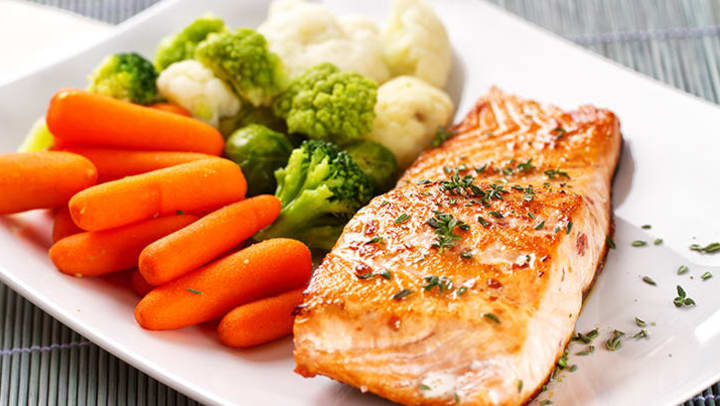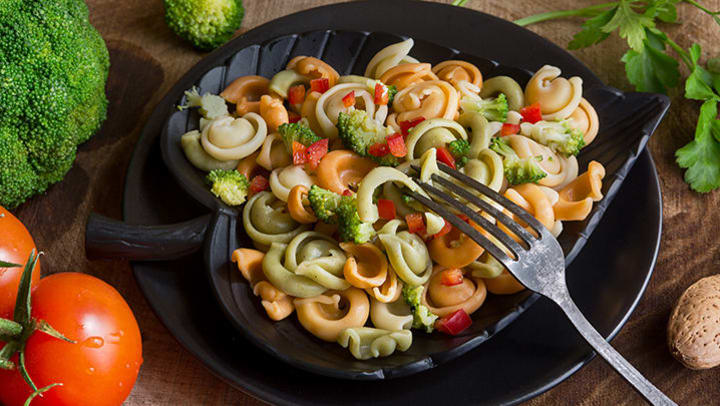WebMD mentions fiber, water, calcium, and vitamin D in this list of necessary nutrients that seniors might miss. Here are the five less well-known nutrients that are vital to the health of your elderly loved one.
Vitamin B12: Sometimes known as cobalamin, B12 is difficult for seniors to absorb from food. Why you need it: B12 is essential for nerve function and creation of red blood cells. How you get it: Meat, eggs, milk, and milk products. Most seniors will need a supplement even if they seem to have enough in their diet.
Folate: Folate is also known as vitamin B9 and folic acid. Why you need it: Best known as a necessity for pregnant women, folate also reduces the risk of heart disease and certain cancers. Elderly patients on dialysis should make sure to get enough of this nutrient. How you get it: Fruits, vegetables, and fortified breakfast cereals.
Potassium: It’s not just bananas anymore: according to Wikipedia, dried apricots have the highest concentration of potassium by weight. Why you need it: In addition to aiding bone strength, potassium lowers hypertension and reduces the risk of kidney stones. How you get it: Fruits and vegetables, at least one serving at every meal.

Magnesium: Magnesium is found in many foods, but the nutrient is usually broken down during food processing. Why you need it: This versatile element strengthens your heart, bones, and immune system! How you get it: Fresh fruits and vegetables, in addition to nuts, beans, and whole grains. The ability to absorb potassium decreases, as we grow older and is affected by certain medications, so you might want to consult your primary care provider regarding a supplement.
Omega-3 Fats: These fatty acids are the wunderkind of nutrition. Studies even suggest that they could reduce the risk of Alzheimer’s disease. Why you need it: Omega-3s have been shown reduce symptoms of rheumatoid arthritis and impede the progression of age-related macular degeneration. Additionally, evidence suggests that they can improve brain function. How you get it: Fish, fish, and more fish–at least two servings a week. Even canned varieties like tuna or salmon will provide your elderly loved one with plenty of this nutrient.
The key is balance always and supplementation if necessary! Your loved one deserves the best in nutrition. Following these suggestions from WebMD will help to ensure they reap the benefits of a healthy diet!

